Search Results
Showing results 1 to 20 of 76
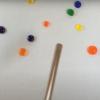
Wiggly Water
Source Institutions
This is a simple and fun activity for learners to explore water and colors.
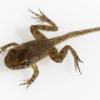
From Polliwog to Frog
Source Institutions
In this activity, learners discover how frogs' bodies change while growing from a tadpole to a frog. Learners create a simple craft that gives a visual display of the metamorphosis process.

Drain Game
Source Institutions
In this activity (on pages 36-39), learners make a model of a watershed out of paper, then run water down the mountain to simulate how rainfall and pollution affect watersheds.

A Funny Taste
Source Institutions
In this activity, learners explore the different salinities of various sources of water by taste-testing.
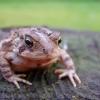
Toad Abode: Creating a Home for a Backyard Toad
Source Institutions
In this activity about backyard habitats learners create a safe and toad-friendly environment near their own home.
Bat Echolocation Experiment
Source Institutions
In this activity, learners discover how bats use echolocation to get information about objects in their environment. During the activity, one learner whispers into a tube.
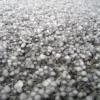
Sizing Up Hail
Source Institutions
In this activity, learners will estimate the sizes of balls to learn how to estimate the size of hail. Learners will compare their estimates to the estimates of their peers and the real measurements.
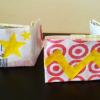
Fused Plastic Wallet
Source Institutions
In this up-cycling activity, learners recycle plastic bags and repurpose them into useful wallets.

A Recipe for Air
Learners use M&Ms® (or any other multi-color, equally-sized small candy or pieces) to create a pie graph that expresses the composition of air.
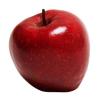
An Apple as Planet Earth
Source Institutions
In this environmental education demonstration (page 6 of the PDF), learners will see a tangible representation of the scarcity of soil resources on earth.
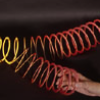
Seismic Slinky!
Source Institutions
Did you know that a Slinky makes a handy model of earthquake waves?
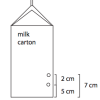
Pressing Pressure
Source Institutions
In this activity, learners compare water pressure at different depths. Learners discover that water pressure increases with depth.
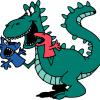
Dinosaur Sock Puppet
Source Institutions
In this activity about dinosaurs, learners first participate in a group discussion about where and when dinosaurs lived, how big they were, and who studies them and how.

Bonseki Salt Art
Source Institutions
In this activity learners will be creating art using a traditional Japanese art style.
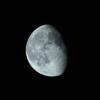
Moonlight Serenade
Source Institutions
In this activity, learners act as the Earth and observe how different angles between the Sun, Earth, and Moon affect the phases of the moon we see each month.
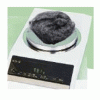
Fast Rusting
Source Institutions
In this activity, learners conduct an experiment to find out if steel wool will weigh more or less when it is burned. Learners will explore the effects of oxidation and rusting on the steel wool.
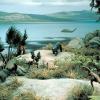
Dinosaur Homes
Source Institutions
In this activity about dinosaurs and survival, learners use scrap materials to create a miniature dinosaur habitat that includes a food source, water source, and shelter.
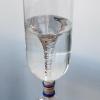
Vortex
Source Institutions
In this activity, learners create a tornado in a bottle to observe a spiraling, funnel-shaped vortex. A simple connector device allows water to drain from a 2-liter bottle into a second bottle.
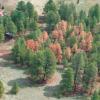
Bark Beetle Infestation Investigation: Estimation and Pheromones
Source Institutions
This activity investigates how bark beetles can threaten forests by having learners estimate the number of infected trees from a photo.

Earthquake Energy
Source Institutions
In this geology activity (page 3 of the PDF), learners simulate an earthquake with little more than an elastic band and drinking straws.
